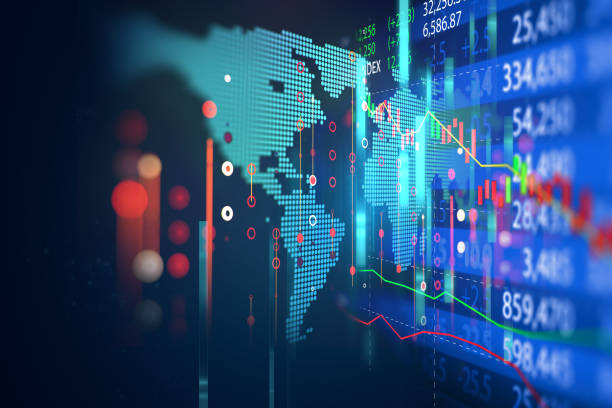WORLD EQUITY REPORTED MIX ON 1ST TRADING DAY OF 2023

Equities in India rebounded on the first trading session of 2023, with the benchmark S&P BSE SENSEX adding 0.5% to around 61,170 points, buoyed by optimism surrounding the economy. Private survey data showed that India's manufacturing sector grew the most since October 2020 in December, with both output and new orders expanding robustly. Investors were also upbeat after news that infrastructure output in India rebounded strongly in November due to firm electricity, steel, and coal production. Metals and the banking sector stocks led the advance, driven by a notable performance from Tata Steel (5.9%). India's benchmark stock index rose by 4.4% in 2022, the seventh straight year of gains, outperforming other benchmarks in Asia.
US stocks ended a dismal year on a sour note with the Dow closing 70 points down, while the S&P 500 and Nasdaq fell 0.3% and 0.1%, respectively, as investors continued to assess the outlook for growth and tighter monetary policy worldwide. The Dow fell 8.8% in 2022, while the S&P 500 and Nasdaq 100 plunged 19.5% and 33.3%, respectively, marking Wall Street’s worst annual performance since 2008. Governments and central banks grappled with stubbornly high inflation arising from years of loose monetary policy and the fallout from Russia’s war in Ukraine. The sharp declines in global equities worldwide wiped out nearly one-fifth of the capitalization of global stocks, preceding largely pessimistic expectations for next year as central banks signaled further aggressive monetary tightening to rein in unstable price growth, ultimately leading to job losses and downward earnings revisions. In December, the Dow lost 4.2%, the S&P 500 lost 5.9%, and the Nasdaq 100 dropped 9%.
European shares rose nearly 1% in the first trading session of 2023 on Monday after suffering the worst year since 2018, led by gains in technology and energy stocks.
Meanwhile, German finance minister Christian Lindner told Bild newspaper he expected inflation in Europe's biggest economy to drop to 7% this year and to continue falling in 2024 and beyond, but warned about stubbornly high energy prices. European shares have tumbled nearly 13% last year due to geopolitical tensions, fears of a recession and prospects of rising interest rates amid stubbornly high inflation.
The CAC 40 index jumped nearly 1.6% to trade around the 6,574 level. Tracking its European peers higher, and trying to rebound from losses in 2022. Investors continued to monitor the global economic outlook, amid ongoing concerns due to anticipated interest rate hikes from major centrals bank to cool down inflation. On the data front, final manufacturing PMI was revised slightly higher to 49.2 in December, but still marking the fourth consecutive contraction for the French manufacturing activity. Among single stocks, almost all constituents were trading in the green, except Thales and Eurofins Scientific SE loss almost 0.5% each. Renault (+4%), Unibail-Rodamco (+3.4%) and Michelin (+3.3%) were among the top performers.
Equities in Spain added more than 1% on Monday, with the benchmark IBEX35 hovering around 8350, as dip buyers emerged to blunt a dismal 2022. In a thin holiday trading and without any catalysts present on the market, investors continued to assess the monetary policy and digest fresh manufacturing PMIs. Domestically, Spain Manufacturing PMI rose to 46.4 in December, marking the weakest rate of operating conditions deterioration in the three months. Employment also stabilized, and business confidence improved, underpinned by hopes that commercial activities and the pandemic end would support growth. On the corporate side, GRIFOLS, IAG, and Tecnicas Reunidas were among the top gainers, up 4.13%, 2.55%, and 2.47%, respectively. The IBEX35 ended 2022 roughly 6% down amid the aggressive tightening cycle by the European Central Bank and the energy crisis sparked by the war in Ukraine.


